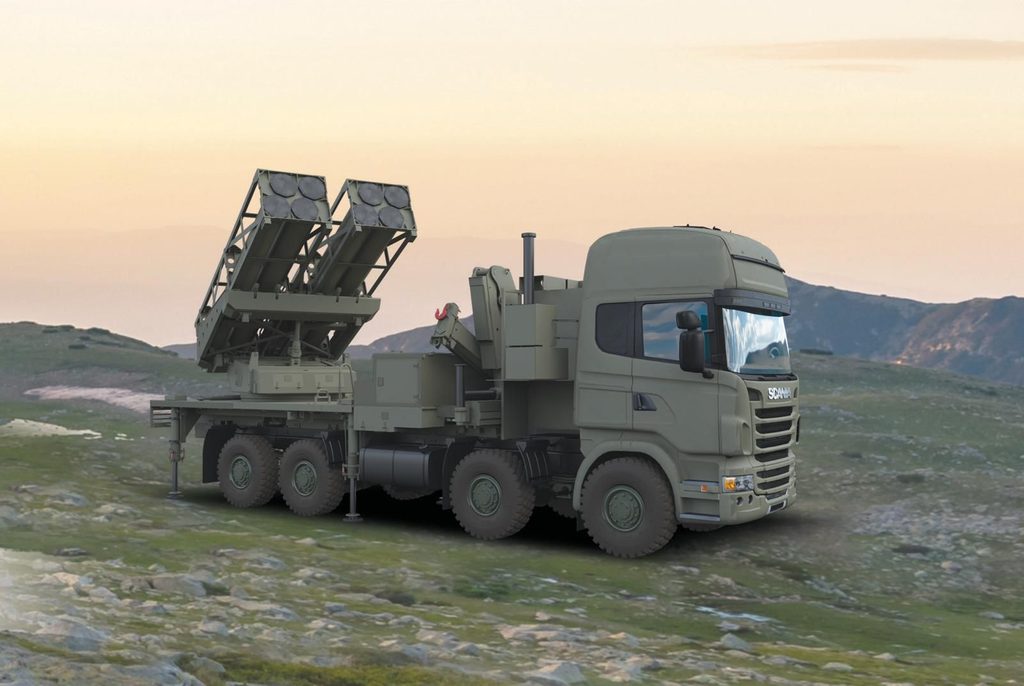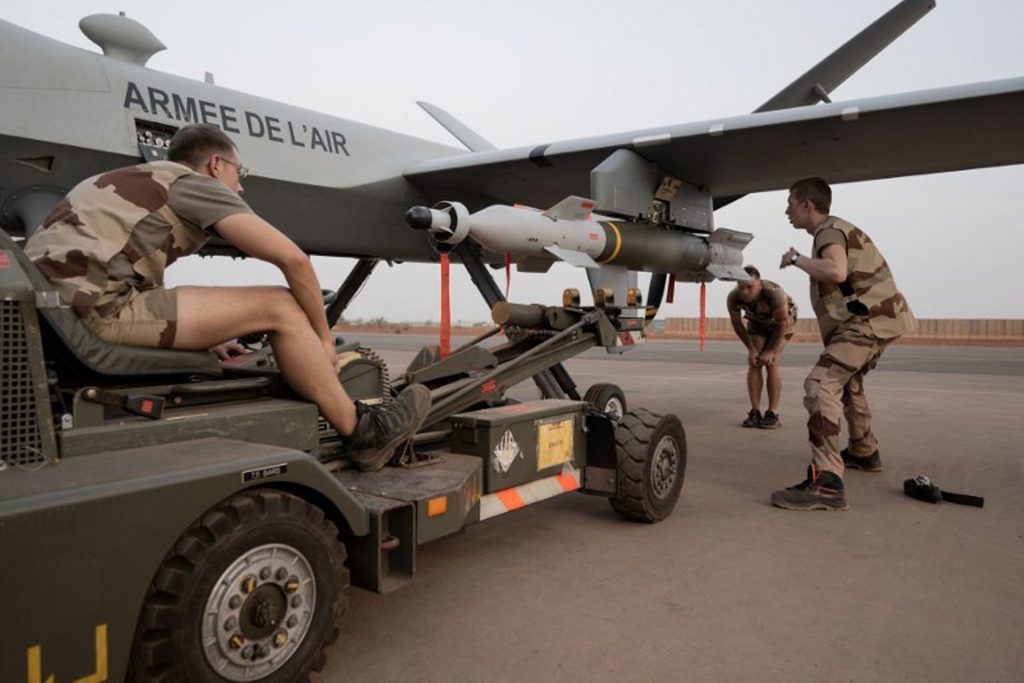The Dutch defence ministry will buy bombs and missiles worth between €100 million and €250 million to arm its MQ-9A Reaper drones, state secretary for defence Christophe van der Maat announced on Tuesday.
The decision was taken by the government in The Hague and follows a general trend seen in other EU countries, though notably not yet in Belgium.
The Dutch air force (KLu) currently has four MQ-9A Reaper drones, which the military calls Remotely Piloted Aircraft Systems (RPAS). These were intended for reconnaissance missions as they are not armed. However, the airforce has another four aircraft on order from the US company General Atomics Aeronautical Systems Inc (GA-ASI), which are expected in 2026.
The new drones will be armed, van der Maat said in a letter to the second chamber (the lower house of the Dutch parliament) on Tuesday. In addition, the four existing aircraft will be adapted to carry weaponry.

An MQ-9 Reaper drone in Afgahnistan. Credit: Wikimedia Commons / US Air Force
The Dutch Ministry of Defence explained that the decision comes in light of an increased threat, with the geopolitical stakes having changed significantly since 2011 when the MoD launched the project to buy the first Reapers. The aircraft must now be able to protect its own troops.
Furthermore, it stated that in time-pressured operations, there is a “clear advantage” if the same drone that has collected information can strike immediately, rather than transferring that information to another weapon system.
Related News
- Russian drones shot down over Kyiv in eleventh attack this month
- New €10-billion plan aims to beef up Belgium's defence capacity
The drones will carry AGM-114 Hellfire air-to-surface missiles (which already equip the KLu’s AH-64 helicopter gunships) and guided bombs (GBUs), one type of which can be carried by the F-35 Lightning II fighter jets the Netherlands is equipping to replace its F-16s.
These weapons will be purchased from the US government for between €100 and €250 million, van der Maat said.
Several countries using drones of the same category (Germany France, Italy, Spain, the Netherlands…) have already decided to arm them.

PULS rocket artillery system, simulation photo, credit: Elbit Systems
In another step to improve its defense, The Netherlands has decided to acquire the Israeli Elbit-made PULS (Precise & Universal Launching System) rocket artillery system. A defense exports agreement was signed last week between the Dutch and Israeli ministries of defense. The 5-year contract is valued at $305 million.
Under the contract, Elbit Systems will supply 20 PULS artillery rocket systems integrated on a selected truck platform, as well as rockets and missile of various ranges and training and support services.
PULS provides a solution that supports the firing of both free-flying rockets and precision guided rockets and missiles ranging from 12km and up to 300km. The PULS launcher can be mounted on a broad range of wheeled and tracked platforms, providing a significant reduction in maintenance and training costs for legacy fleets.
In Belgium, the question of arming the future MQ-9B SkyGuardian drones – a more advanced version of the Reaper – is a matter of debate. Four of the seven parties in the government coalition (the socialist and ecologist families) are opposed to it, while MP Jasper Pillen (Open Vld), has introduced a motion calling on the government to commission a study on the arming of the Belgian SkyGuardians, in the wake of a favourable opinion expressed by the Defence Staff.

